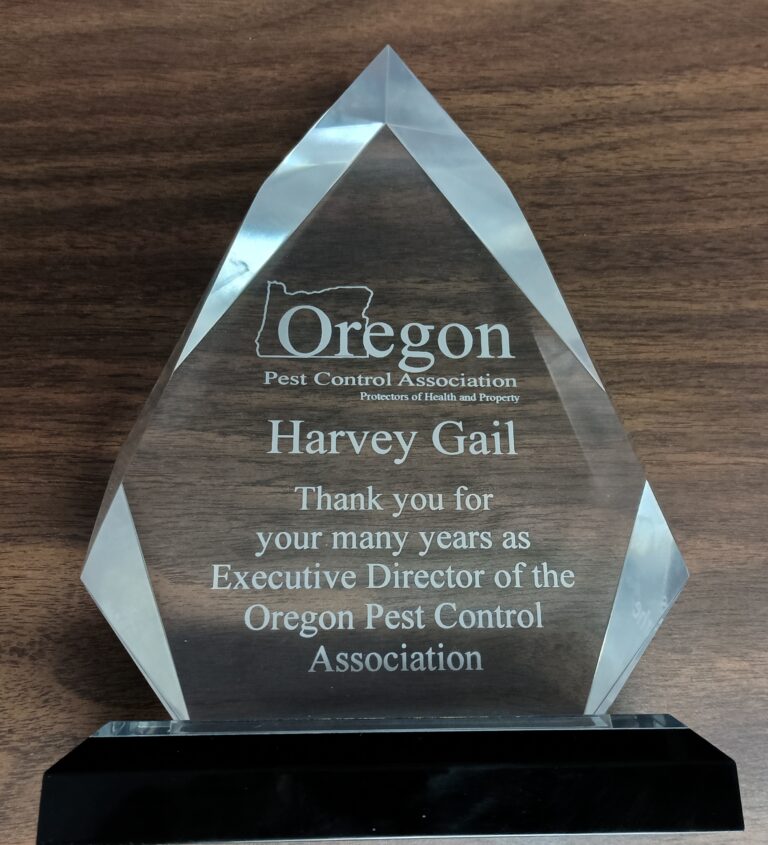This last year, and now starting this year, our country has seen much political turmoil. We’ve had a divisive presidential election, social unrest, and the COVID-19 pandemic.
As a result, people are on edge. These social dynamics trickle down into my world of nonprofit management. Groups of people run nonprofit organizations, boards of directors, and committees guide these organizations’ decisions. Boards will inevitably have members with differing political views. There’s always that one board member – everyone knows who it is – that can’t help but bring politics into the room.
This can cause all kinds of problems that impact a board’s effectiveness. People shut down and don’t contribute, or they go on rants. Some board members may avoid board meetings or quit altogether. Tensions rise, and tempers flare. Over the last year, many nonprofit boards have felt compelled to take a stand on an issue. This can cause fierce debate that can get nonprofit boards way off track.
What can be done to ensure the board meeting doesn’t spiral out of control?
Do’s and Don’ts
To understand who is taking the lead to ensure the board productively approaches these situations. In my view, it’s the board president’s job to set the stage for productive debate. It may also fall on the executive director, but regardless, someone should be in charge.
Don’t set a policy that bans political talk entirely. This might work around the Thanksgiving table at a family gathering, but not so in a board meeting. To some people, that could be viewed as discriminatory. To someone whose views radically differ from your own, this could be viewed as taking a side and censorship on their part.
To establish rules of engagement for how and when to talk to each other about potentially controversial topics. If a topic is brought up, learn to recognize a controversial comment. Call them out on the spot and inform them that nature’s comments could be viewed as controversial.
Don’t ban the discussion, just address the topic at the end of the meeting or in “new business.” Then, go back to the case on hand. It might seem obvious but have a written agenda and stick to it.
Don’t allow a lot of idle chatter at the beginning of a board meeting. Get going as soon as it’s feasible. Often the topic can move to a potentially controversial one. It’s fairly easy to do. Someone might say, “did you see the news last night…” and then their viewpoint becomes immediately obvious, and then the rest of the meeting is painted with that brush. Board presidents should start the discussion promptly to avoid this scenario.
Don’t make assumptions about people’s political opinions. On a board this happens when it is assumed everyone agrees with the loudest (or most compelling) person in the room. Just because someone stays quiet does not mean they agree with you.
Another way to approach this is to review the legal duties of board members:
- Duty of Care. This duty is very broad, requiring officers and directors to exercise ordinary and reasonable care in the performance of their duties, exhibiting honesty and good faith. Officers and directors must act in a manner they believe to be in the nonprofit’s best interests, and with such care, including reasonable inquiry, as an ordinarily prudent person in a like position would use under similar circumstances.
The key point here is acting in a manner that is in the best interests of the nonprofit. It is not in its best interest to create a divisive political climate on the board. It’s certainly not appropriate to make political statements or share your own opinions when you are representing them.
- Duty of Loyalty. This is a duty of faithfulness to the nonprofit. This means that officers and directors must give undivided allegiance to the nonprofit when making decisions affecting the nonprofit. In other words, officers and directors cannot put personal interests above the interests of the nonprofit. Personal interests may include outside business, professional or financial interests, interests arising from involvement in other organizations, and family members’ interests, among others.
The key phrase here is “putting personal interests ahead of the nonprofit.” Substitute “political beliefs for ”personal interests, and you can see how that could be an issue.
- Duty of Obedience. This duty requires officers and directors to act by the organization’s articles of incorporation, bylaws, and other governing documents, as well as all applicable laws and regulations.
Many organizations have specific bylaws or administrative rules that address how board members communicate to each other. Often these are there to create a climate that promotes inclusion and understanding of various opinions.
So, in the end, remember why you’re on the board in the first place. If you stay laser-focused on that shared mission, this tends to keep the politics out of it, leading toward a more effective and rewarding board experience.
.








